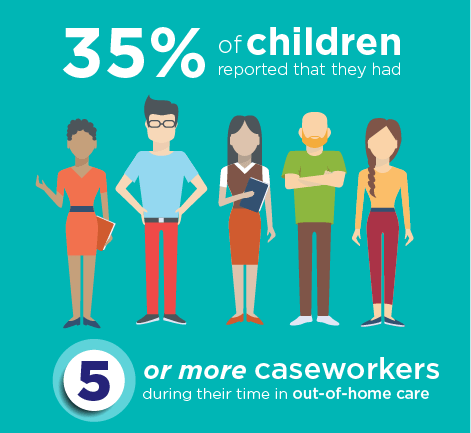Relationship-based Care
What is Relationship-based Care?
Families and residential care alike, work better when relationships attune and respond to the needs of the carer-child relationship as the cornerstone.
Relationship-based Care is recognised as a key element in a young person’s ability to recover from developmental trauma. As a practice framework it can guide individuals, organisations and systems to be sensitive and responsive to the young person’s attachment, trauma, shame, loss and developmental history.
At organisational and systemic levels it fosters collaborative relationships between young people, carers, staff and stakeholders (at all levels) as they consistently attune and hold one another with respect and dignity.
The more a young person experiences secure relationships,
the more likely they will recover from trauma and thrive.
Relationships are the agents of change.

source: https://aifs.gov.au/cfca/publications/children-care
Relationships Matter
They promote trust, provide safety and build secure attachment. But need stability and predictability to develop!
Placement instability is associated with poor educational, employment, social and psychological outcomes, as well as behavioural and emotional problems.
Children in OOHC often experience multiple placement changes:
40% had experienced between two and five placements
14% had experienced between six and 10 placements
32% had had more than 11 placements
Re-imagining OOHC
How does a culture with the carer-child relationship as the cornerstone, develop and sustain itself across:
personal,
organisational,
community,
system,
and policy levels?
Attend a Workshop
For professionals concerned with the care and development of children and young people in Out-of-Home Care (OOHC).
SYDNEY 25 & 26 February 2021
Early Bird saves over $100
